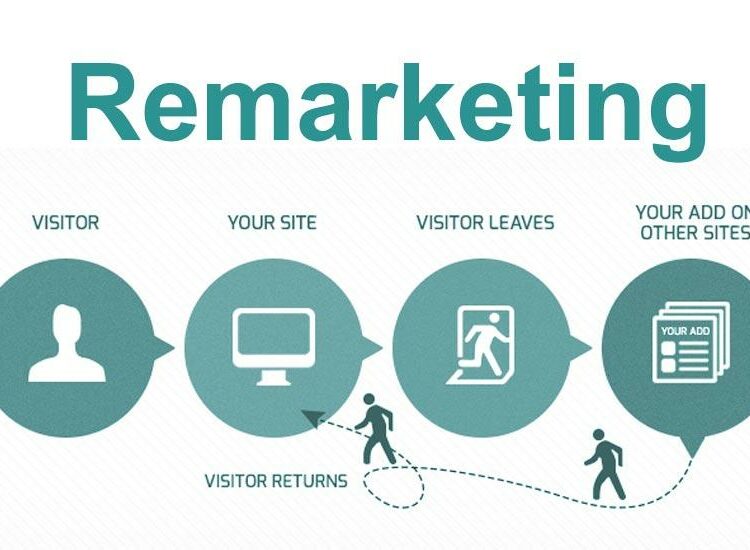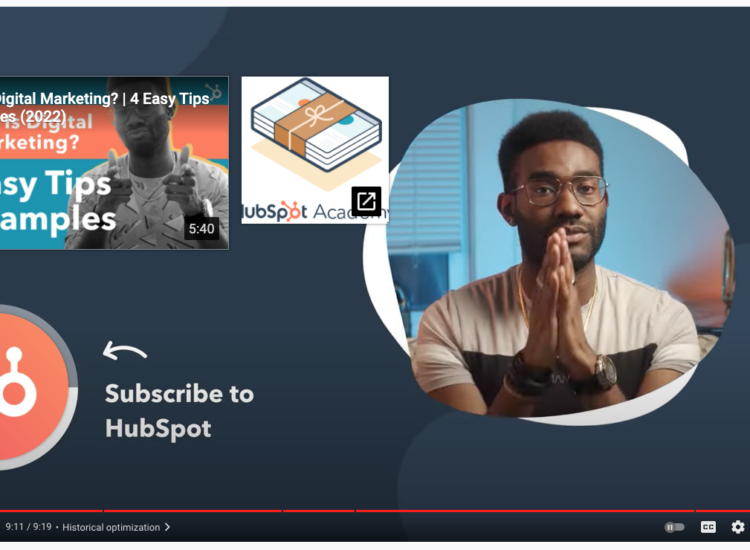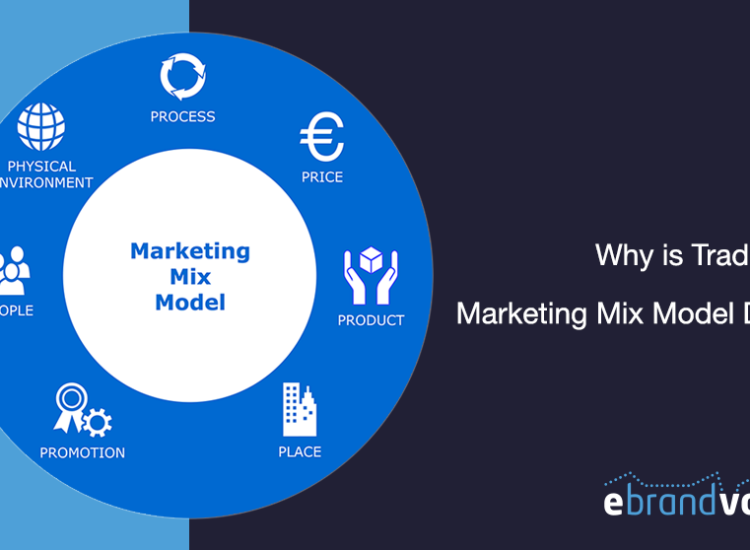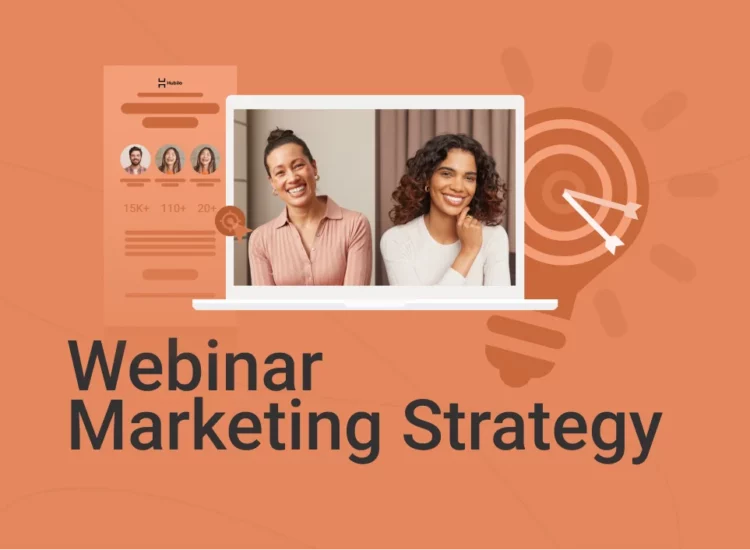In today’s hyper-connected world, digital marketing has become a crucial component for businesses of all sizes. Whether you’re a small startup or a large corporation, understanding digital marketing strategies can help you reach new customers, increase your revenue, and build a strong online presence.
Toc
This guide will walk you through the essentials of digital marketing, covering key strategies and tactics that will set you up for success in 2024 and beyond.
Introduction to Digital Marketing
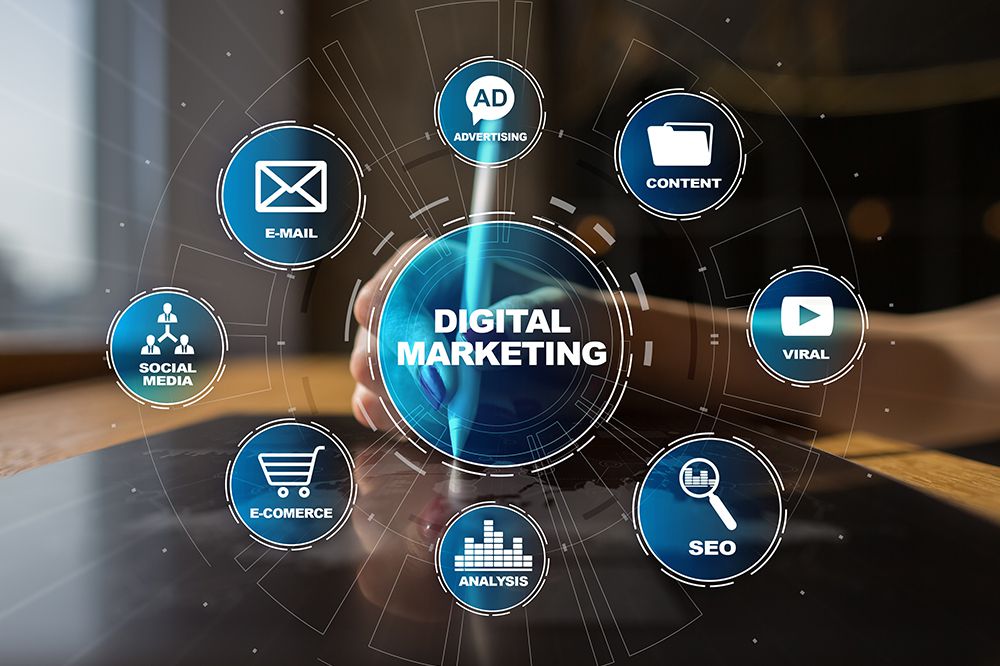
Before diving into the specifics of digital marketing, it’s important to understand what it is and why it matters. Simply put, digital marketing refers to any form of marketing that takes place online or through electronic devices.
With more and more people using the internet and social media on a daily basis, digital marketing has become an integral part of reaching your target audience. It allows businesses to connect with potential customers in real time, gather valuable data about their preferences and behaviors, and tailor their marketing efforts accordingly.
What is Digital Marketing?
Digital marketing refers to any marketing efforts that use an electronic device or the internet. Businesses leverage digital channels such as search engines, social media, email, and websites to connect with current and prospective customers. With the rise of mobile devices, digital marketing has become even more prevalent as people are constantly connected to the internet.
Why is Digital Marketing Important?
Digital marketing offers numerous benefits:
- Cost-Effective: Compared to traditional marketing methods, digital marketing is often more affordable, making it accessible for businesses with smaller budgets.
- Measurable Results: Digital marketing allows for easy tracking of metrics and KPIs, enabling you to measure the effectiveness of your campaigns and make data-driven decisions.
- Targeted Reach: With tools like SEO, PPC, and social media ads, you can target specific demographics and reach your ideal audience.
- High Engagement: Digital channels offer interactive opportunities like comments, shares, and likes, enabling higher engagement with your content.
The Evolution of Digital Marketing
Digital marketing has come a long way since its inception in the late 1990s. In the early days of the internet, companies primarily used email and banner ads to reach their target audience. As technology advanced, so did digital marketing strategies.
Today, businesses have a wide range of tools at their disposal, including search engine optimization (SEO), social media marketing, content marketing, and influencer partnerships. These strategies allow for more targeted and personalized communication with potential customers, resulting in higher conversion rates and better ROI.
Key Digital Marketing Strategies for 2024 and Beyond
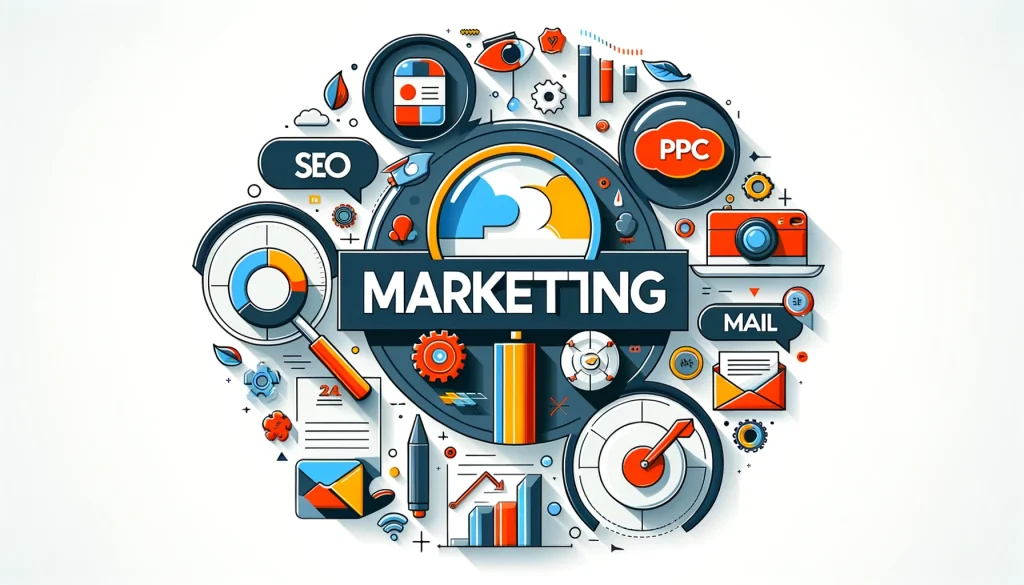
As digital marketing continues to evolve, it’s important to stay on top of the latest trends and strategies. Here are some key digital marketing tactics that will be crucial in 2024 and beyond:
1. Search Engine Optimization (SEO)
SEO is the practice of optimizing your website to rank higher in search engine results pages (SERPs). Effective SEO increases organic traffic to your site, improving visibility and credibility.
- Keyword Research: Identify and target the keywords your audience is searching for.
- On-Page SEO: Optimize your content, meta tags, and internal links for better search engine performance.
- Technical SEO: Ensure your website is mobile-friendly, has fast loading speeds, and uses secure HTTPS.
- Backlinks: Earn high-quality backlinks from reputable websites to boost your site’s authority.
2. Social Media Marketing
Social media marketing involves using social media platforms to engage with your audience, build brand awareness, and drive website traffic.
Social Media Strategies
- Know Your Audience: Understand the demographics, interests, and behaviors of your target audience to create more effective content and ads.
- Consistency is Key: Consistently post high-quality content on your social media channels to keep your audience engaged and interested in your brand.
- Use Visuals: Including visuals like images and videos can make your content more eye-catching and shareable.
3. Content Marketing
Content marketing involves creating valuable, relevant, and consistent content to attract and retain a clearly defined audience. This can include blog posts, videos, infographics, and more.
- Know Your Audience: Create content that speaks directly to your target audience’s needs and interests.
- Quality over Quantity: Focus on creating high-quality content rather than churning out large quantities of mediocre content.
- Utilize Different Formats: Experiment with different types of content like video, infographics, and podcasts to keep your audience engaged.
4. Influencer Partnerships
Influencer marketing involves partnering with influential individuals in your industry or niche to promote your brand or products. This strategy allows you to tap into the influencer’s established audience and gain credibility and trust.
- Choose the Right Influencers: Find influencers who align with your brand values and have a genuine following.
- Set Clear Expectations: Clearly communicate your goals and expectations for the partnership to ensure a successful collaboration.
- Track Your ROI: Monitor the success of your influencer partnerships through metrics like reach, engagement, and sales.
5. Pay-Per-Click (PPC) Advertising
PPC advertising allows you to place ads on search engines and social media platforms, paying only when someone clicks on your ad.
- Keyword Targeting: Use relevant keywords to ensure your ads reach the right audience.
- Ad Copy: Write compelling ad copy that encourages clicks and conversions.
- Landing Pages: Ensure your landing pages are optimized for conversions to make the most of your ad spend.
6. Email Marketing
Email marketing involves sending targeted emails to your subscribers to nurture leads and drive sales.
- Personalization: Personalize your emails to increase open rates and engagement.
- Segmentation: Segment your email list based on customer behavior and preferences for more targeted campaigns.
- A/B Testing: Test different subject lines, content, and CTAs to optimize your email performance.
Key Strategies for Digital Marketing Success in 2024

As we look ahead to the future of digital marketing, there are a few key strategies that will continue to be essential for success. Let’s take a closer look at each one.
Embracing Artificial Intelligence and Automation
Artificial intelligence (AI) and automation are transforming the digital marketing landscape. From chatbots and personalized product recommendations to automated email campaigns and social media scheduling, AI and automation can help businesses save time, increase efficiency, and deliver a more personalized experience to their customers.
In 2024, we can expect to see even more advancements in AI technology, making it crucial for businesses to embrace these tools to stay competitive.
Prioritizing Mobile Optimization
With the majority of internet traffic now coming from mobile devices, having a mobile-optimized website is no longer an option – it’s a necessity. In addition to ensuring your website is responsive and loads quickly on mobile devices, businesses should also consider investing in mobile-specific advertising strategies like SMS marketing and geofencing.
Utilizing Interactive Content
Interactive content, such as quizzes, polls, and surveys, has become increasingly popular in recent years. This type of content allows for increased engagement and helps businesses gather valuable data about their audience’s preferences and behaviors. In 2024, we can expect to see more businesses incorporating interactive elements into their digital marketing strategies.
Focusing on Personalization
As technology continues to advance, consumers have come to expect a more personalized experience from the brands they interact with. Businesses that are able to tailor their messaging and offerings based on customer data will be better positioned for success in 2024 and beyond.
Examples of Successful Digital Marketing Implementation
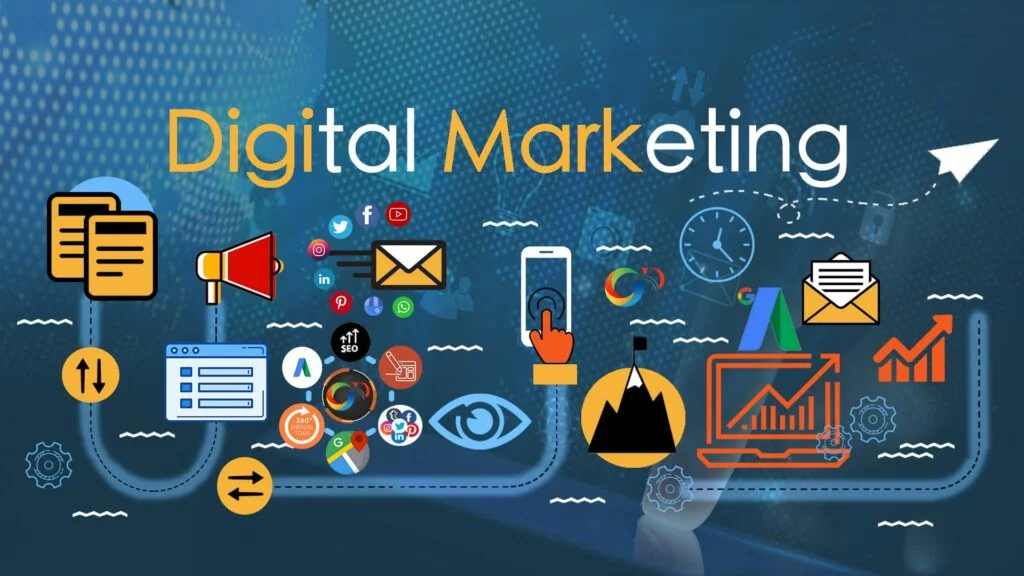
To further illustrate the importance and effectiveness of these key strategies, let’s take a look at some successful digital marketing campaigns from recent years.
Nike’s “Breaking2” Campaign
Nike’s “Breaking2” campaign aimed to break the two-hour barrier in the marathon, showcasing the brand’s commitment to innovation and performance. To amplify this initiative, Nike partnered with elite athletes and utilised cutting-edge technology to analyse their training and performance. The campaign featured a live-streamed event, allowing audiences worldwide to witness history in the making. Through an impactful mix of storytelling and real-time engagement, Nike not only captivated audiences but also reinforced its position as a leader in athletic wear and performance gear.
Airbnb’s “Live There” Campaign
Airbnb’s “Live There” campaign focused on promoting the idea of experiencing travel from a local’s perspective rather than as a typical tourist. By highlighting unique stays and local experiences, the campaign encouraged travellers to immerse themselves in the culture of their destination. It effectively utilized user-generated content and testimonials to connect authentically with potential customers. Through targeted digital advertising and social media engagement, Airbnb transformed the way people perceive travel accommodations, driving significant increases in bookings and brand loyalty.
Dove’s “Campaign for Real Beauty”
Dove’s “Campaign for Real Beauty” presented an authentic portrayal of beauty that resonated with a diverse array of women. By featuring women of various shapes, sizes, and backgrounds in their advertisements, Dove successfully challenged societal beauty norms. This campaign not only elevated brand awareness but also fostered an emotional connection with consumers. Through powerful storytelling and social media engagement, Dove encouraged discussions around self-esteem and body positivity, ultimately establishing itself as a brand committed to empowering women.
Cocacola’s “Share a Coke” Campaign
Coca-Cola’s “Share a Coke” campaign personalized their iconic product by featuring popular names and phrases on their bottles and cans. This unique approach to packaging not only appealed to consumers’ desire for personalization but also encouraged sharing and social media engagement. The brand cleverly utilized data-driven insights to tailor the names featured in each country, making the campaign relatable and relevant globally. By tapping into the emotional connection people have with their own name or those of their loved ones, Coca-Cola successfully drove sales and established a strong presence on social media platforms.
Sheetz’s “MyFreeze” Campaign
Sheetz’s “MyFreeze” campaign leveraged the power of mobile technology by introducing a loyalty program that rewards customers for participating in promotional activities on their app. These activities included sharing photos and checking into Sheetz locations, creating buzz and driving customer engagement. In addition to building brand loyalty, this strategy also provided valuable data insights for the company to improve its marketing strategies.
Future Trends in Digital Marketing

As technology and consumer behaviors continue to evolve, it’s crucial for businesses to stay ahead of the curve in digital marketing. Some potential trends to watch out for in 2024 and beyond include:
Virtual and Augmented Reality
Virtual reality (VR) and augmented reality (AR) are set to revolutionize digital marketing by offering immersive experiences that engage consumers in new and exciting ways. Brands can create virtual showrooms where customers can explore products in a 3D environment, gaining a more tangible sense of scale and detail. For example, furniture retailers can allow customers to visualize how pieces would look in their own homes before making a purchase. Similarly, AR can be used in interactive apps that overlay digital information in real-world settings, enhancing customer experiences. As this technology becomes more accessible, businesses that harness VR and AR in their marketing strategies will likely capture the attention of consumers and enhance engagement through unique, memorable interactions.
Voice Search Optimization
With the rise of smart speakers and voice-activated assistants, optimizing for voice search is becoming increasingly important. Consumers are using voice queries to search for information, making it essential for businesses to adapt their content strategies accordingly. This shift requires focusing on natural language and question-based queries, ensuring that website content is structured in a way that is easily understood by voice recognition systems. By prioritizing voice search optimization, brands can improve their visibility in search results and cater to the growing number of users who prefer speaking over typing.
Sustainability in Digital Marketing
As environmental concerns gain prominence, sustainability is becoming a vital focus for consumers. Brands that promote eco-friendly practices not only resonate with socially conscious consumers but also enhance their reputation in the marketplace. By integrating sustainability into digital marketing strategies—through eco-friendly packaging, waste-reduction initiatives, or carbon-neutral shipping options—businesses can differentiate themselves and build loyalty among customers who value responsible practices. Highlighting these efforts through compelling storytelling and transparent communication will be essential in establishing a genuine connection with audiences in the years to come.
Conclusion
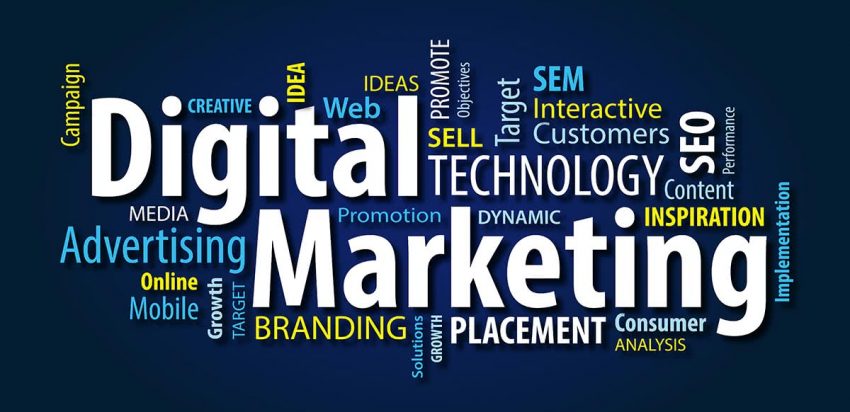
In an ever-evolving digital landscape, successful marketing strategies will hinge on the ability to adapt and innovate. Brands that embrace emerging technologies, prioritize consumer preferences, and champion sustainability will position themselves as leaders in their respective industries. The campaigns analyzed above exemplify how understanding audience needs and leveraging technological advancements can drive engagement and loyalty. As we move forward, the integration of authentic storytelling, personalized experiences, and responsible practices will not only enhance brand reputation but also foster meaningful connections with consumers. In this dynamic environment, the future of digital marketing promises exciting opportunities for brands willing to invest in creativity and consumer-centric strategies.
